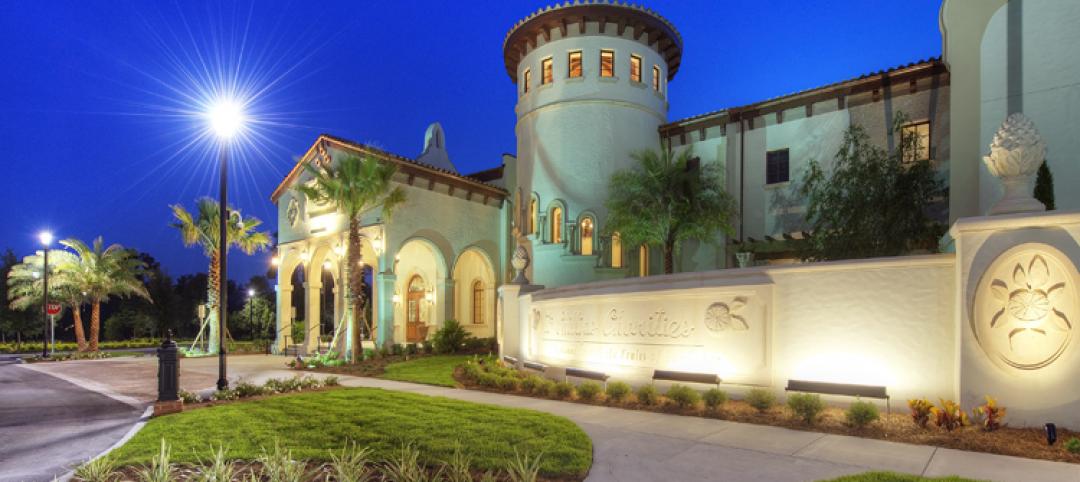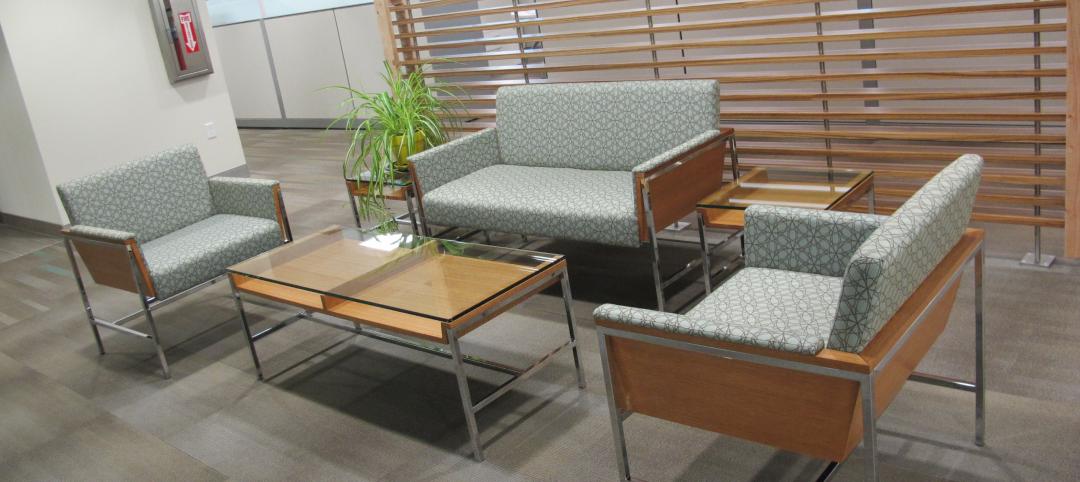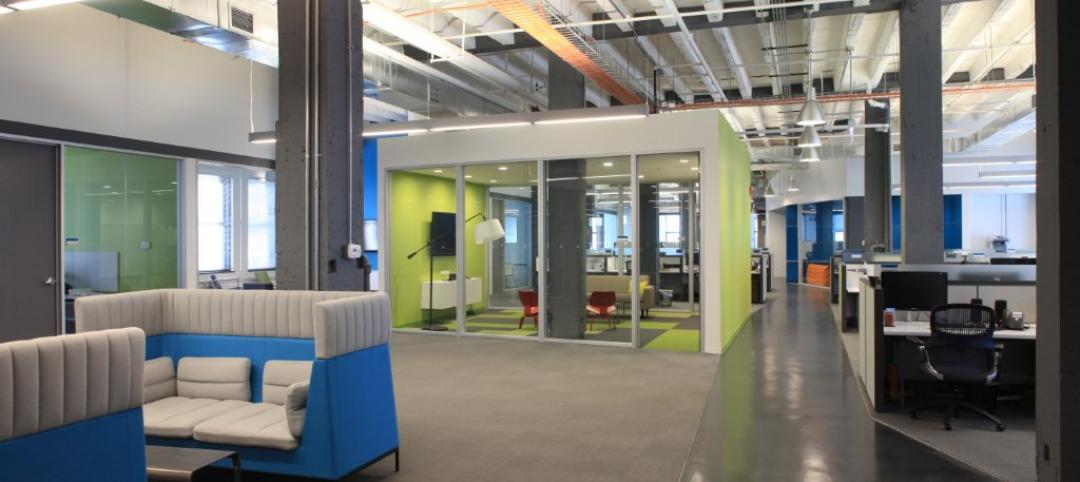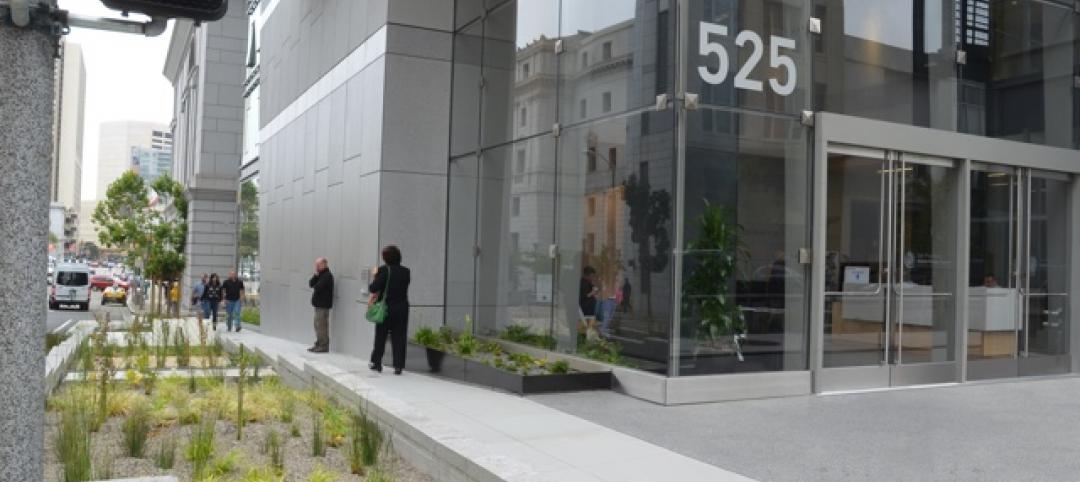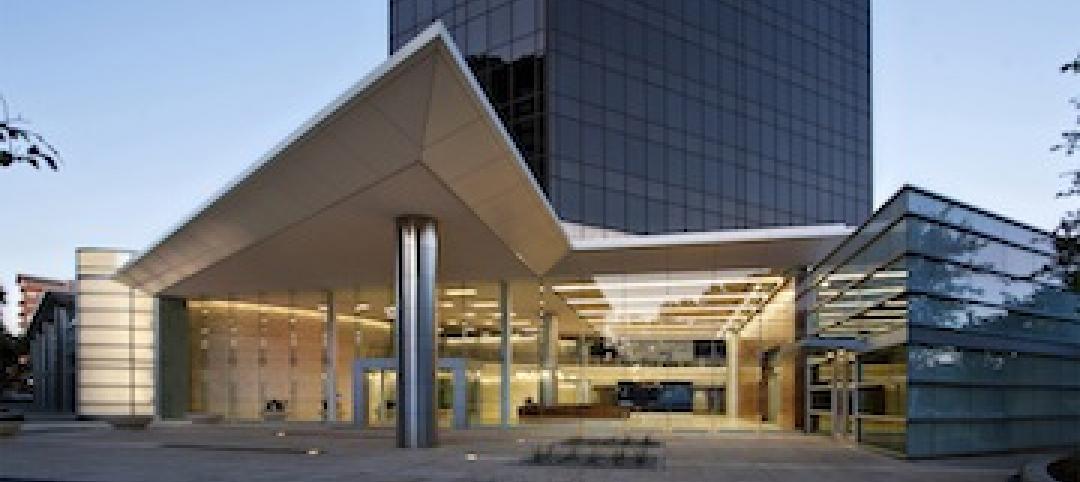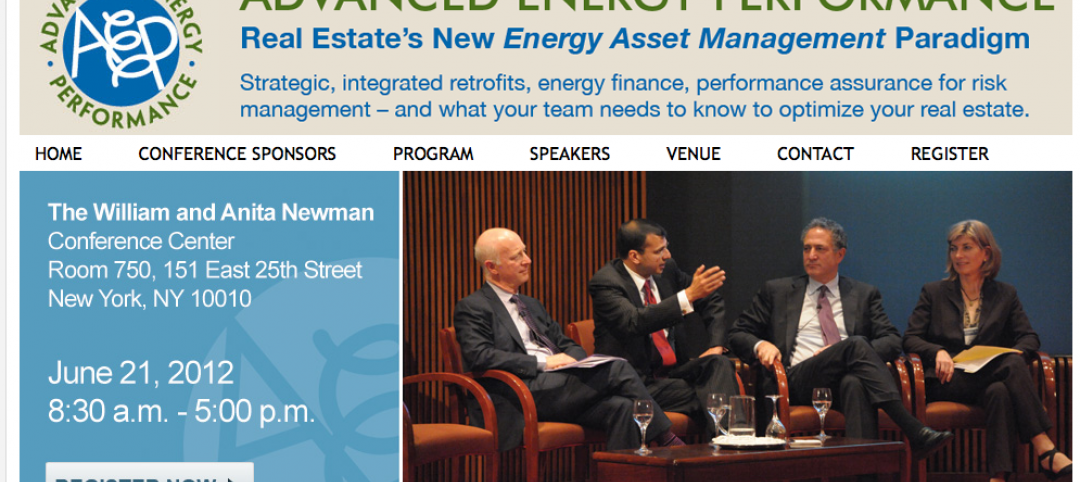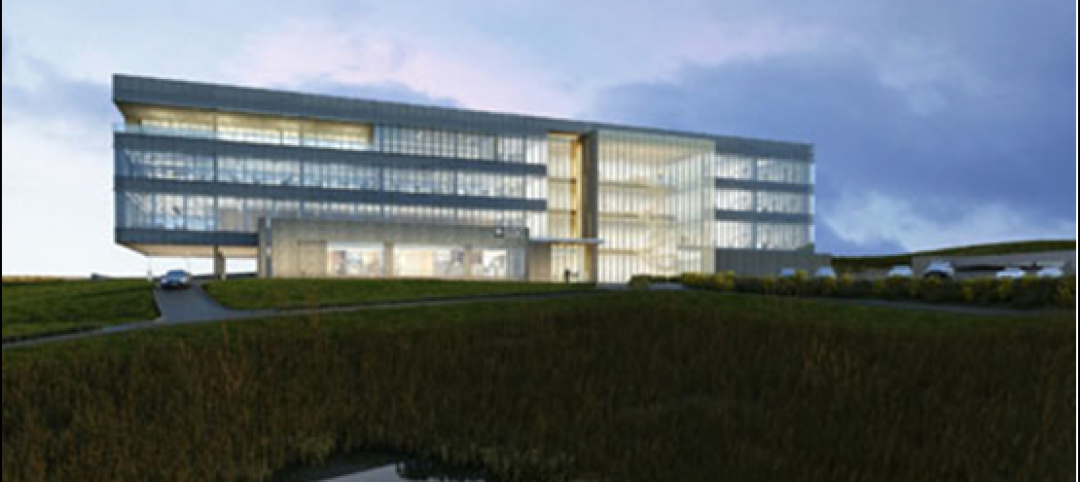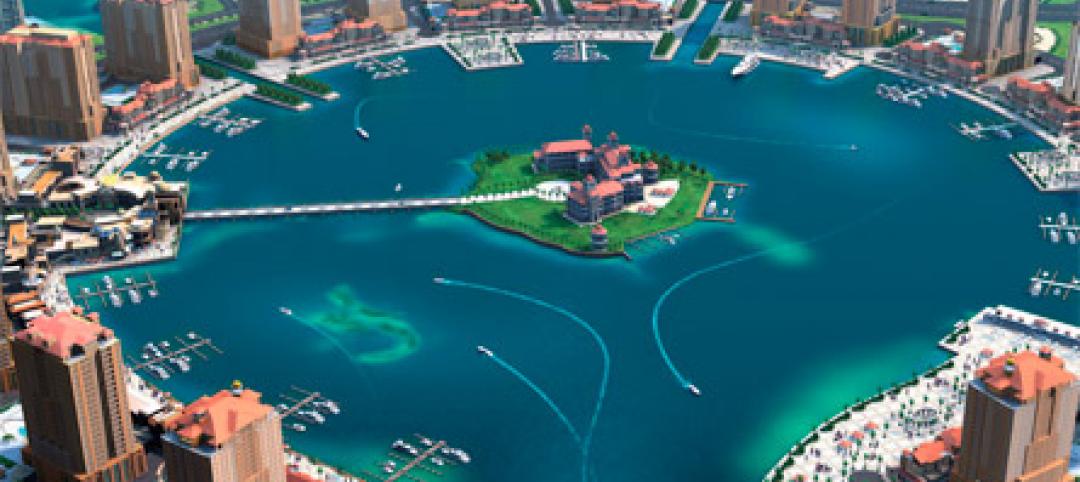In the month since Amazon CEO Jeff Bezos announced plans for a $5 billion development that would serve as the e-commerce giant’s second headquarters, cities and regional economic development organizations (EGOs) across the country have been tripping over themselves in an effort to woo the world’s third-largest tech company.
In using an open RFP process with a tight timeline (just six weeks from the Sept. 7 reveal date), Amazon created a frenzied, almost hackathon-like atmosphere that it hoped would spark next-level creativity when it comes to urban redevelopment and incentives for corporate businesses. Amazon’s RFP process downplays the backroom dealings common with massive economic development opportunities like this, in favor of a more inclusive “show us what you got” approach.
And show us they did. As of mid-October, more than 50 cities and development groups had responded to Amazon’s RFP. The proposals range from impressive to outright wild. Noteworthy examples:
Dallas: a transit-oriented development for HQ2 adjacent to a proposed bullet train station. The $15 billion train line would shuttle passengers to and from Houston.
Phoenix: adapt a 1950s retail mall (the city’s first mall), which currently houses a few restaurants, offices, and a data center.
Frisco, Texas, is offering to build out the remainder of its city—the 62-square-mile Dallas suburb is 60% developed—with Amazon’s HQ as the centerpiece.
Atlanta suburb Stonecrest has promised to devote 345 acres to the corporate campus and rename a portion of the community, “City of Amazon.”
New Jersey has plans for some $7
billion in tax breaks over the next decade.
Don’t get me wrong, HQ2 would be a huge win for any metro market. Amazon says it expects the development to ramp up to include as many as 50,000 jobs.
But the hysteria around Amazon’s open RFP has gone to a new level of absurdity. I’m just waiting for Bezos to announce that he’s purchasing airtime on CNBC for his own version of LeBron’s “The Decision.” “After careful consideration, we decided that we’re going to take our talents to __________.” (Cut to camera on scene, applause erupts.)
It’s safe to say that the majority of the 50+ entrants in the race for HQ2 has a slim chance of winning. But that doesn’t mean there aren’t valuable lessons to glean from the exercise, says Amy Liu, a VP and Director with the Brookings Institution.
“This global firm basically sent a very clear market signal to cities about what matters, and I think they are really scrambling now to make sure they exhibit those assets,” she said. “But after the competition is over, what I want is for cities to not let go of that core message, which is that a strong technical workforce, a livable sustainable community, strong transit, multimodal access, and ultimately a diverse, tolerant community, those are the factors that matter in the long term.”
Related Stories
| Jul 17, 2012
Dr. Phillips Charities Headquarters Building receives LEED Silver
The building incorporates sustainable design features, environmentally-friendly building products, energy efficient systems, and environmentally sensitive construction practices.
| Jul 11, 2012
Skanska relocates its Philadelphia metro office
Construction firm’s new 19,100-sf office targets LEED Gold certification.
| Jul 3, 2012
Summit Design+Build completes Emmi Solutions HQ
The new headquarters totals 20,455 sq. ft. and features a loft-style space with exposed masonry and mechanical systems, 17-ft clear ceilings, two large rooftop skylights, and private offices with full glass partition walls.
| Jul 2, 2012
San Francisco lays claim to the greenest building in North America
The 13-floor building can hold around 900 people, but consumes 60% less water and 32% less energy than most buildings of its kind.
| Jun 18, 2012
BOKA Powell Wins ‘Deal of the Year’ for One McKinney Plaza Transformation
$6 million renovation converted 1980s-style building into a modern destination in uptown Dallas
| Jun 13, 2012
Is it time to stop building convention centers?
Over the last 20 years, convention space in the United States has increased by 50%; since 2005, 44 new convention spaces have been planned or constructed in this country alone.
| Jun 13, 2012
Steven L. Newman Real Estate Institute to hold energy asset conference for property owners, senior real estate managers
Top-level real estate professionals have been ignored as the industry has pushed to get sustainability measures in place.
| Jun 12, 2012
SAC Federal Credit Union selects LEO A DALY to design corporate headquarters
LEO A DALY also provided site selection, programming and master planning services for the project over the past year.
| Jun 11, 2012
Hill International selected as CM for Porto Arabia Towers in Qatar
The complex is a mixed-use development featuring both residential and commercial properties.



